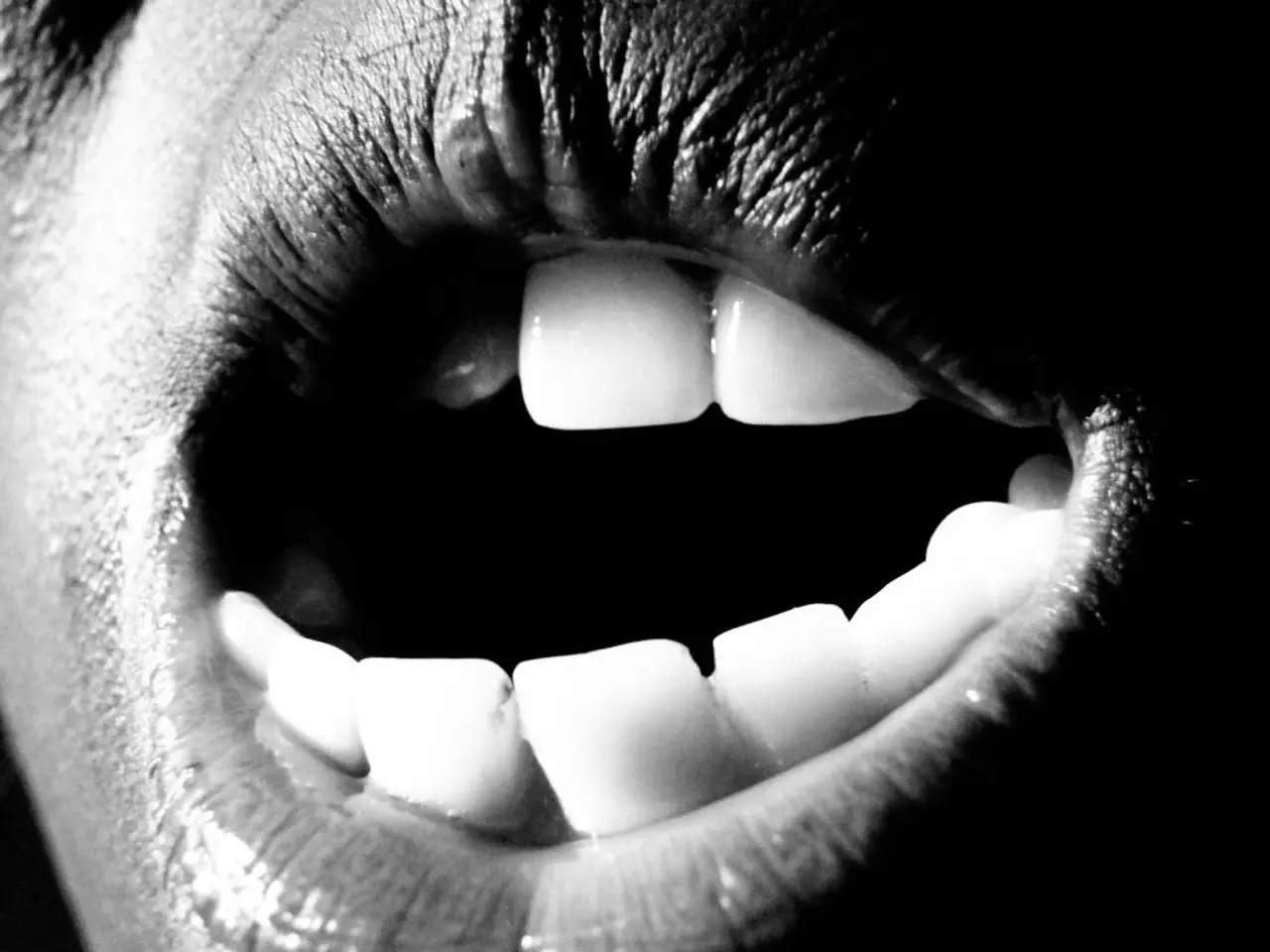Experiencing discomfort in the chest and jaw area? Learn about possible causes, methods for diagnosis, and when it's crucial to consult a medical professional.
Chest and jaw pain can be a cause for concern, as it may indicate a heart problem. However, there are several factors that can cause these symptoms without being related to the heart.
In some cases, chest pain without jaw pain can be attributed to heartburn, panic attacks, or intercostal muscle strain. But when combined, chest and jaw pain can signal an issue with the heart, such as angina or a heart attack. Anyone experiencing these symptoms should seek immediate medical attention.
Common causes of simultaneous chest and jaw pain indicating a heart issue primarily include myocardial ischemia related to coronary artery disease (CAD) or an acute myocardial infarction (heart attack). This pain pattern results from the heart muscle receiving insufficient oxygen due to narrowed or blocked coronary arteries. The chest pain, known as angina pectoris, is described as pressure, tightness, or squeezing in the center or left side of the chest and often radiates to the jaw, neck, left arm, back, or epigastric area.
To evaluate simultaneous chest and jaw pain with suspicion of heart problems, clinical evaluation, electrocardiogram (ECG), blood tests, cardiac catheterization, additional imaging, and other diagnostic procedures may be employed. Early recognition and timely diagnostic workup are crucial because chest and jaw pain may reflect a potentially life-threatening cardiac event requiring emergency treatment.
It is important to note that chest pain radiating to the jaw is a classic anginal symptom, often described as paroxysmal and not reproducible by chest wall palpation, differentiating it from musculoskeletal causes. Women, elderly, and diabetic patients might present with atypical symptoms, but the pattern of chest and jaw pain remains clinically significant.
On the other hand, dental issues such as tooth decay, tooth abscess, and teeth grinding can cause pain that radiates to the jaw. Factors that can cause jaw pain without chest pain include TMDs, TN, and dental issues. TMDs are a group of conditions affecting the joints and muscles of the jaw, resulting in jaw pain and dysfunction. Trigeminal neuralgia (TN) is a severe stabbing or electric shock-like pain that typically affects the lower face and jaw. In non-emergency situations, doctors may want to rule out a heart condition by conducting a physical examination and asking questions about symptoms, risk factors for heart disease, and a family history of heart disease and other cardiovascular conditions.
In conclusion, understanding the causes of chest and jaw pain is essential for timely and accurate diagnosis. Anyone experiencing chest and jaw pain, particularly those with risk factors for heart disease, should consult a doctor for further advice and guidance. Immediate medical attention is necessary for heart attack symptoms.
- In some cases, ulcerative colitis, a type of inflammatory bowel disease, can cause abdominal pain that mimics chest pain, although it does not affect the heart.
- Psoriasis is a chronic skin condition that can cause dry, itchy, and scaly patches on the skin, but it does not typically cause chest or jaw pain.
- AQ, a predictive test for Alzheimer's disease, cannot diagnose the condition but can help doctors determine a person's risk of developing the disease.
- Age-related macular degeneration is a form of degeneration that affects the central part of the retina, leading to vision loss, but it does not cause chest or jaw pain.
- Arthritis, particularly arthritis in the TMJ (temporomandibular joint) can cause jaw pain and difficulty with opening or closing the mouth, but it does not typically cause chest pain.
- COPD (chronic obstructive pulmonary disease) is a lung disease that can cause chest pain and shortness of breath, but it is not typically associated with jaw pain.
- Heartburn, a common cause of chest pain, can be mistaken for symptoms of a heart attack, but it is not dangerous and can be relieved with over-the-counter medications.
- Many medical-conditions, such as HIV, can cause various symptoms throughout the body, but chest and jaw pain are not typically associated with the disease.
- In sports, athletes may experience chest and back pain from overexertion or injury, but this is not related to heart problems and should be treated with rest and pain management.
- Maintaining good cardiovascular-health through a combination of diet, exercise, and regular medical check-ups can help reduce the risk of developing heart problems and experiencing chest and jaw pain.




